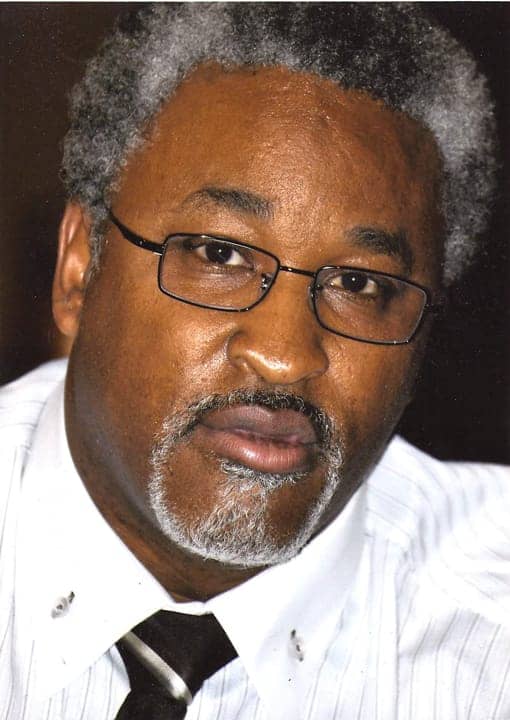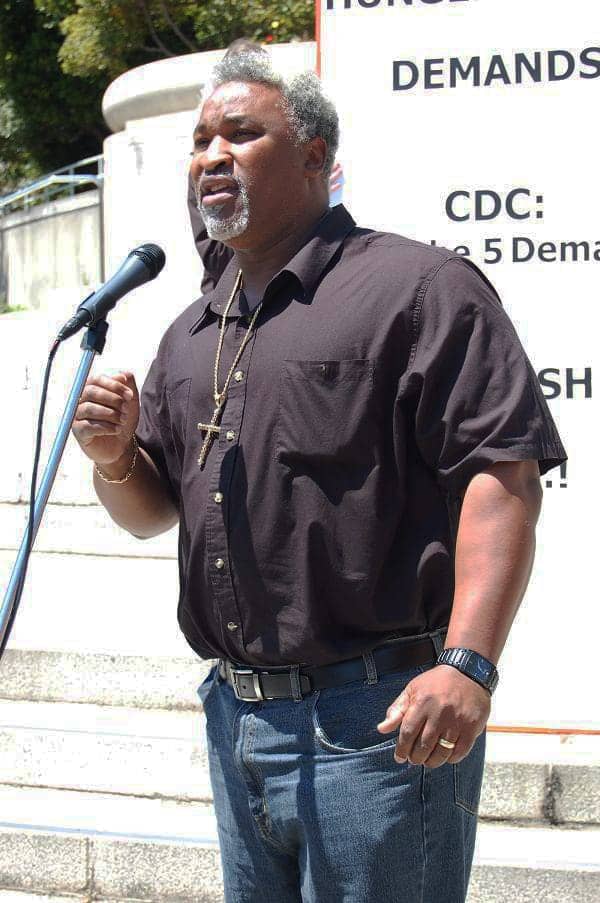by Jerry Elster

The passage of 34 would have stripped condemned prisoners of mandatory appeal remedies. These remedies are supposed to act as a check and balance system to assure that the state does not execute an innocent person.
Whether it is death by execution or the slow, silent and hopeless death through life without the possibility to parole (LWOP), it’s still death. I would have voted for 34 as a lesser of two evils, reasoning that an innocent person would have the opportunity to fight for his/her freedom.
Shamefully, I admit that as people of color in this country, I and my people have been forced to accept unfair and cruel legislation by choosing the lesser of two evils. For example, you only have to look as far as California’s high criminal conviction rate. The majority of these cases never make it to trial because we settle for plea bargains.
The question of guilt or innocence is never a factor for either the judicial representative or the defendants, who are for the most part people of color, poor people or the mentally ill. Los Angeles District Attorney Steve Cooley exemplifies this attitude: He would rather have his prosecutors exaggerate the severity of a charge than let people go who qualify for realignment sentencing, meaning that their crime was neither serious nor violent.
Out of fear that Three Strikes would be completely overturned, he endorsed Proposition 36, which merely reformed it. For people like Cooley, the decision comes down to political ambition; for us it equates to the lesser of two evils.

To achieve viable and significant results, we must be principled and stand firm in the face of adversity, even when the pendulum appears to be swinging to our disadvantage. The words in “The Liberty Poem” take on a whole different meaning for me as I ponder the fate of those mentioned in it: “Give me your tired, your poor, your huddled masses yearning to breathe free, the wretched refuse of your teeming shore.” Not unlike the times of the poem, the poor, freedom seeking masses make up the majority in the U.S. penal system.
At every axis we resist and question the fundamental principle of the lesser of two evils. For instance, is the 45th president the best man for the job or just the lesser of two evils? As a people who should be championing the cause of the tired, the poor and the huddled masses yearning to breathe free, we need to first find humane solutions to our social ills. Isolation, incarceration and, yes, LWOP sentences are barbaric and sit in the realm of the lesser of two evils. And that’s why California still has the cruel instruments of death as its solutions.
Jerry Elster, raised in South Central Los Angeles, spent over a quarter of a century in prison for the slaying of a gang rival. Having made the transformation from being part of the problem to becoming part of the solution, he now holds associate of arts degrees in ministry and general education and is currently a senior at Cal State East Bay, majoring in psychology. Founder of NMT/The Ripple Effects, a nonprofit with a mission “to stem the tide of violence and detrimental behavior,” he works for Legal Services for Prisoners With Children and is a proud member of All of Us or None. He also serves on the board of directors for Insight Prison Project, a restorative justice organization. Jerry’s trials have taught him how essential it is for people, including formerly incarcerated people, to speak and be heard in their own voices. A people without a voice are a people without hope. His goal is for the full restoration of human and civil rights for everyone, including the formerly incarcerated. You can contact Jerry Elster at jerry@prisonerswithchildren.org.





